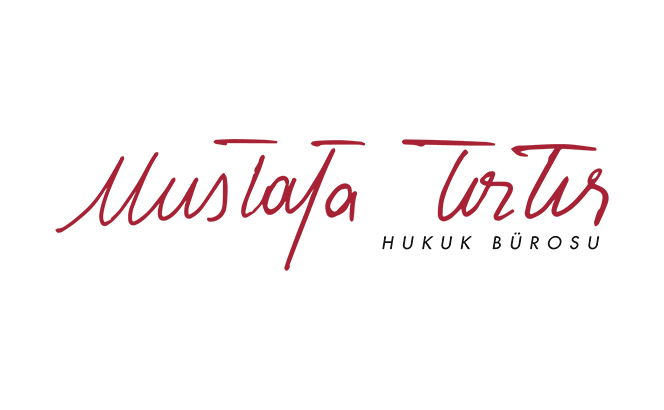
Following the devastating earthquakes that rocked Türkiye and Syria in February 2023, rescue, recovery and rehabilitation remain some of the dominant topics of conversation among the Turkish legal community.
The tragedy resulted in the deaths of more than 55,000 people across the two countries, with more than 17 million estimated to have been affected in some way. Inevitably this has meant that a large swathe of the legal fraternity has been directly impacted on a personal level, with many family and friends affected, but law firms have more than risen to the challenge and made themselves available to aid in the recovery.









